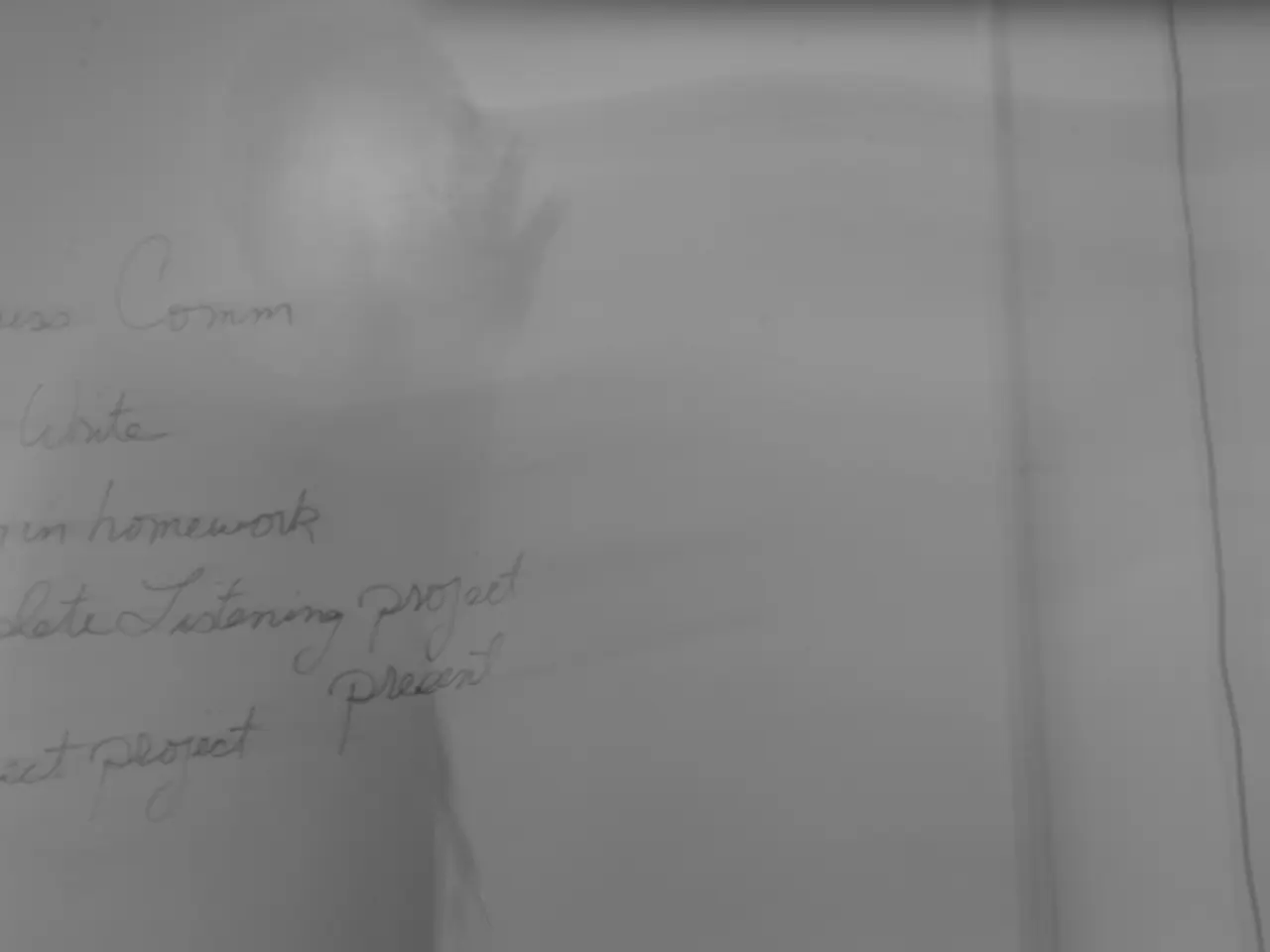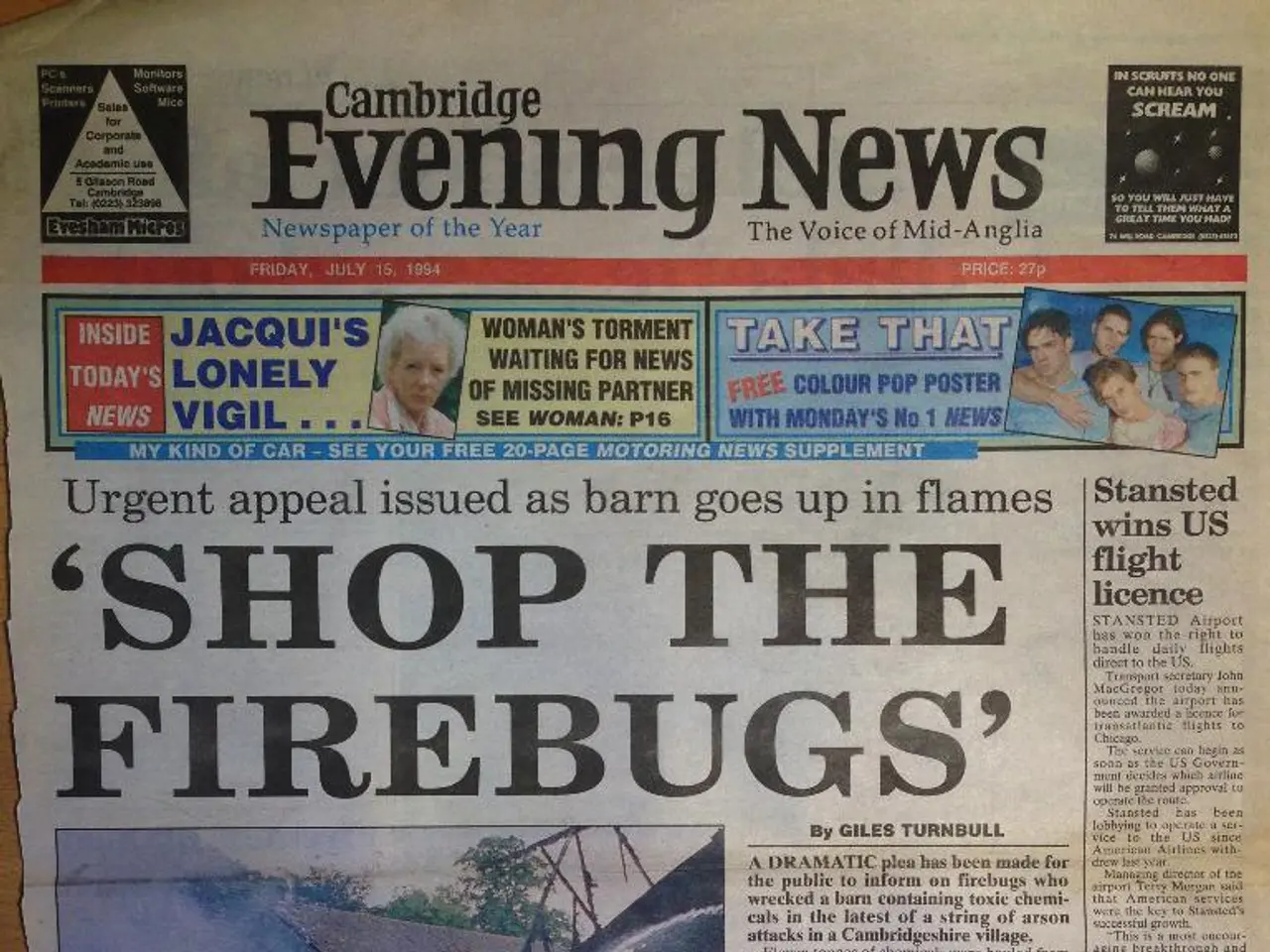Severe cold spell hits Argentina
In the heart of Argentina, a recent cold snap has brought severe weather conditions, leading to significant impacts on the homeless population, mortality, and affected cities.
The surge in homelessness has been particularly noticeable in Buenos Aires, where more than 4,000 people are now living on the streets, marking a 23% increase since last year. This rise in homelessness has been exacerbated by the economic and social challenges faced by the country, which have been further complicated by the current cold snap.
The extreme cold has resulted in at least nine deaths over the past ten days, as temperatures have dropped to historic lows across the country. The health risks posed by the cold snap have been particularly significant for vulnerable populations such as the homeless.
Several cities have been severely impacted by the cold snap. Buenos Aires, the capital, recorded its lowest temperature in 34 years, with temperatures dropping to -1.9°C. The suburb of El Palomar experienced a record low of -7.4°C, a record since 1965 and the second lowest temperature since 1935. Atlantic beaches, such as Miramar (450 km from Buenos Aires), were blanketed with snow at the start of the week, an event that has not occurred in 12 years.
Other cities have faced unique challenges. Maquinchao, a small Patagonian town, has been the coldest city in the country, with temperatures fluctuating between -12 and -18°C since Monday. Meanwhile, Mar del Plata faced gas shortages, leading to the suspension of classes and municipal activities.
The cold snap has triggered energy shortages, with Argentina cutting industrial gas supply to ensure residential heating needs are met. This has led to broader economic disruptions, including concerns about agricultural productivity due to frost damage.
The situation highlights the vulnerability of Argentina's infrastructure and social services during extreme weather events. The NGO Proyecto 7, which works with the homeless, reported that nine people have died due to the cold snap over the past ten days, a figure not confirmed by authorities. Proyecto 7 blames the ultra-liberal economic policies of President Javier Milei for the increase in homelessness.
As the cold snap continues, local authorities and NGOs are working tirelessly to provide shelter, food, and medical assistance to those in need. However, the challenges are immense, and the impact on the most vulnerable members of society is stark. The situation underscores the need for comprehensive solutions to address both the immediate crisis and the underlying issues of poverty and inequality that have contributed to the rise in homelessness.
- The sudden rise in homelessness, particularly in Buenos Aires, has been linked to the economic and social challenges within Argentina, as well as the recent cold snap, a topic that falls under general news and political science.
- The extreme cold weather has not only caused a devastating increase in mortality rates in Argentina but also led to hazards for those most vulnerable, such as the homeless, making it a critical issue in environmental science, mental health, and health-and-wellness.
- The cold snap has severely affected several cities across Argentina, leading to energy shortages and economic disruptions, making it a pressing issue in policy-and-legislation discussions, climate-change, and environmental science.
- The situation in Argentina has brought to light the vulnerability of its infrastructure and social services during extreme weather events, raising concerns about their ability to withstand climate change and the need for improvements in environmental-science and policy-and-legislation.
- The rise in homelessness and the impact of the cold snap on the most vulnerable members of society have been blamed on the ultra-liberal economic policies of President Javier Milei, creating a compelling debate point within politics.




